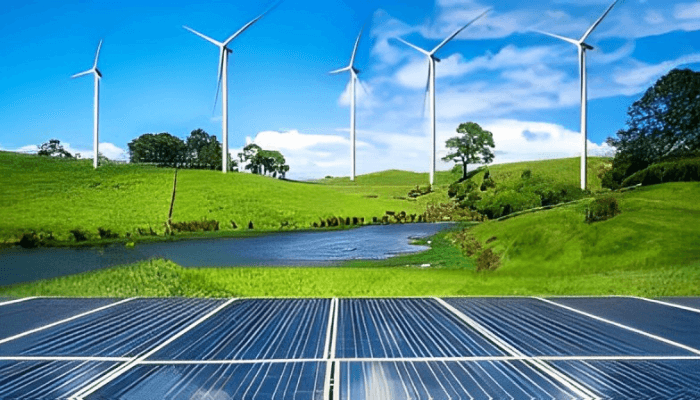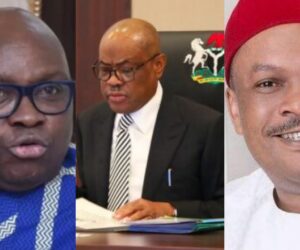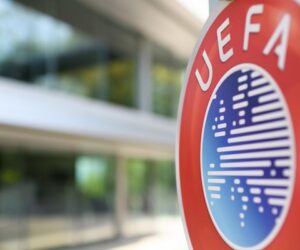A global clean-energy mobilisation campaign jointly led by Ursula von der Leyen, European Commission President and Cyril Ramaphosa, South African President have secured €15.5 billion to support Africa’s transition to renewable energy.
The year-long initiative, undertaken in partnership with Global Citizen and backed by the International Energy Agency, seeks to expand electricity access, stimulate sustainable industrial growth, and accelerate Africa’s shift from fossil fuels to cleaner, modern energy systems.
The campaign also feeds into international efforts to scale renewable energy deployment and boost global energy efficiency.
The European Union contributed more than €15.1 billion of the total sum, while President von der Leyen, on behalf of Team Europe, pledged over €10 billion, with the remainder coming from substantial bilateral contributions by EU Member States, European development finance institutions, and private investments mobilised through the campaign.
Read also: Nigeria secures €21m German funding to accelerate clean energy transition
Speaking at the close of the pledging event in Johannesburg, von der Leyen said the global response demonstrated unprecedented support for Africa’s clean-energy ambitions.
She emphasised that the package has the potential to provide life-changing electricity access to millions of households, unlock new economic opportunities, and lay the foundation for thriving markets and new jobs.
She described the initiative as a future led by Africa but strongly supported by Europe, a partner she said remains committed to the continent’s long-term energy needs.
Team Europe’s commitments consist of new Global Gateway projects supported by contributions from Germany, France, Denmark, Italy, the Netherlands and Spain, alongside the European Investment Bank and the European Bank for Reconstruction and Development. Additional bilateral financing arrived from Italy, Germany, the Netherlands, Portugal, Denmark, Sweden, Austria and Ireland, while the EBRD announced an extra investment package exceeding €600 million.
The African Development Bank backed the campaign by pledging to allocate at least 20 per cent of the African Development Fund’s seventeenth replenishment to renewable energy. Norway also joined the effort with an estimated €53 million contribution through its support to the Fund between 2026 and 2028.
Organisers say the pledges secured through the initiative will generate 26.8 gigawatts of renewable energy and provide reliable electricity to 17.5 million households currently living without stable access.
According to a statement by the EU, the scale of these outcomes reflects the urgency of addressing Africa’s energy gap, with more than 600 million people still lacking electricity despite the continent possessing the world’s most abundant solar resources.
It noted that Africa attracts only a small fraction of global energy investment, and continues to face high financing costs, logistical barriers and supply chain challenges.
The “Scaling up Renewables in Africa” campaign was launched in November 2024 in Rio de Janeiro to galvanise governments, financial institutions, philanthropies and the private sector toward stronger clean-energy commitments.
It also helped build momentum toward global goals agreed at COP28, including tripling renewable energy capacity and doubling energy efficiency by 2030.
“Of the €10 billion pledged by President von der Leyen on behalf of Team Europe, €3.1 billion had previously been unveiled during key international summits throughout 2025, including the EU–South Africa Summit, the Mattei Plan event, the Africa Climate Summit, the UN General Assembly and the Global Gateway Forum.
“The remaining €7 billion was announced during the final pledging event in Johannesburg on 21 November.
“Several European institutions also signalled plans to increase renewable-energy investments by 2030, amounting to an additional €4 billion, demonstrating long-term commitment beyond the current campaign”, the statement reads.
The EU confirmed that the new financing commitments fall under the Global Gateway strategy, particularly the Africa-Europe Green Energy Initiative, which supports renewable energy generation projects, modern electricity grids, and regional power-trade infrastructure across the continent.








